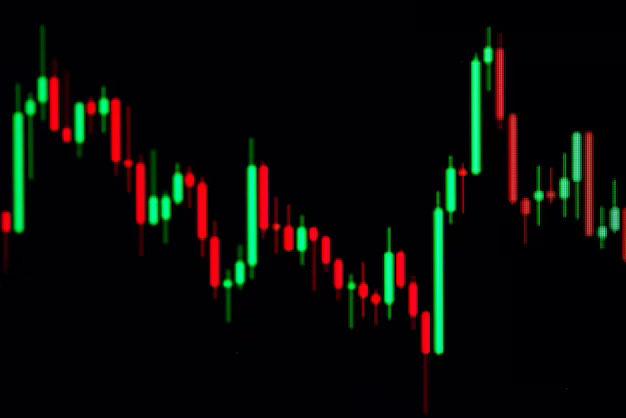and strive to maintain a disciplined and rational mindset. Here are some key trading psychology tips to help traders navigate the challenges of the financial markets:
- Stay Emotionally Detached:
Emotions like fear and greed can cloud judgment and lead to impulsive decisions. Successful traders learn to detach emotionally from their trades. By focusing on the analysis and strategy rather than emotional reactions, traders can make more rational decisions.
- Develop a Trading Plan:
A well-thought-out trading plan serves as a roadmap for traders. It outlines entry and exit points, risk management strategies, and overall goals. Following a plan helps maintain discipline and reduces the likelihood of emotional decision-making.
- Set Realistic Goals:
Establishing realistic and achievable trading goals is essential. Unrealistic expectations can lead to frustration and impulsive actions. Traders should set clear, measurable, and time-bound goals that align with their risk tolerance and market conditions.
- Manage Risk Effectively:
Risk management is a cornerstone of successful trading. Traders should define their risk tolerance and set stop-loss orders to limit potential losses. By controlling risk, traders protect their capital and reduce emotional stress.
- Learn from Mistakes:
Every trader makes mistakes. The key is to view mistakes as learning opportunities rather than failures. Analyzing errors can provide valuable insights, helping traders refine their strategies and improve decision-making.
- Avoid Chasing Losses:
Chasing losses, or attempting to recover from previous losing trades by taking excessive risks, is a common pitfall. Successful traders accept losses as part of the game and avoid making impulsive decisions to recoup losses quickly.
- Embrace Patience:
Patience is a virtue in trading. Waiting for the right market conditions and setups can lead to more successful trades. Impatience often results in entering trades prematurely or overtrading, both of which can be detrimental to overall performance.
- Keep Emotions in Check During Winning Streaks:
While losing streaks can be challenging, winning streaks can also evoke powerful emotions. Overconfidence and a sense of invincibility may lead to excessive risk-taking. Traders should stay grounded, stick to their strategy, and avoid complacency during periods of success.
- Diversify Your Portfolio:
Diversification is not only a risk management strategy but also a psychological one. A well-diversified portfolio can help reduce the emotional impact of individual trades. A single losing trade won’t have a significant impact on the overall portfolio, mitigating emotional stress.
- Continuous Learning:
The financial markets are dynamic and ever-changing. Traders should embrace a mindset of continuous learning. Staying informed about market trends, new strategies, and evolving market conditions enables traders to adapt and make informed decisions.
- Control Leverage:
While leverage can amplify profits, it also increases the risk of significant losses. Traders should exercise caution and use leverage judiciously. Overleveraging can lead to emotional distress and wipe out trading accounts.
- Maintain a Healthy Work-Life Balance:
Trading can be demanding, both mentally and emotionally. Traders should strive to maintain a healthy work-life balance. Taking breaks, exercising, and engaging in activities outside of trading can help reduce stress and contribute to a more focused mindset when trading.
- Seek Support and Mentorship:
– Trading can be a solitary endeavor, but seeking support and mentorship can be invaluable. Connecting with other traders, joining forums, or having a mentor can provide a supportive environment for sharing experiences and gaining insights.
Conclusion:
Mastering trading psychology is an ongoing process that requires self-awareness, discipline, and a commitment to continuous improvement. Successful traders understand the importance of emotional control, effective risk management, and learning from both successes and failures. By adopting these trading psychology tips, traders can enhance their decision-making abilities and increase their chances of long-term success in the challenging world of financial markets.




